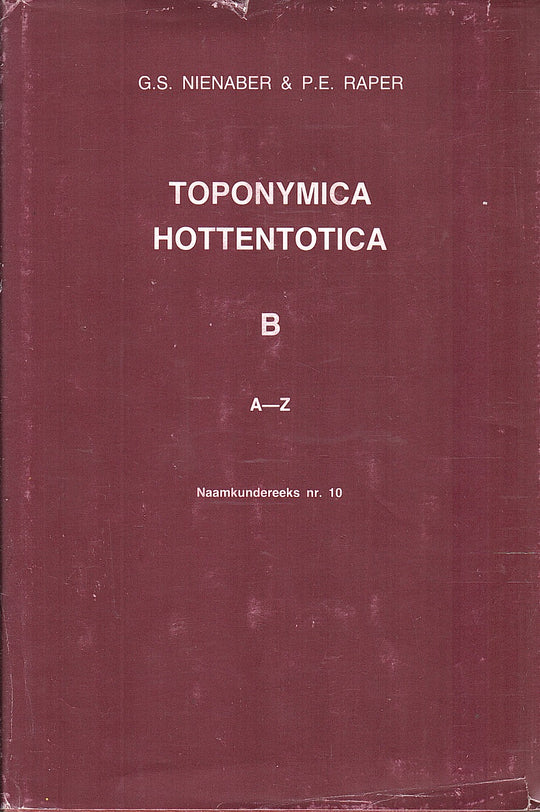Tsaobes
In th a ** 1110 we quoted the owner who heard that Zabis means 'danceplace'. On linguistic grounds we made the statement betwy- fierce. We believe Mr Xaregeb's team looked with their statement. Zabis is the German spelling of Tsabis. We believe Zabis was gathered from the older form Tsausabis. Tsausabis or, with the usual change of -b and -w, Tsausawis, was the namanam of Okumukanti (see Dr Hartmann). Okumukantiberge, also wrote Komukantiberge, was an important mountain range and area. The mountain was in Hartmann's time there the 'Südgrenze des Landgebietes Der South West African Comp.' There were also sources and wells. One also wore the name of the mountain chain, Okumukanti in Herero, Tsausawis in Nama. Okumukanti is still the name of Farm No. 148, and Tsausawis today is the name of Farm No 153, but contracted to Tsawis, spelled Zabis. It just lies east of Okumukanti. The TSAU of the full form (Nama: Tsao = 'Staub, Asche', cf. Kr.- If, e.g. for soap preparation) plus -bi- (who says we are dealing with the name of a place) plus -s of singing. Fern, (who says the place here can be a source or puts) is explained as 'ashple' or 'Asfontein'. About the relationship between TSA and 'as' from the Brakbos, the announcement of Dr Karl Dove S.V. Tsaobis in th a ** 1047. About the re-concrete: Okumukanti is made by prof. O Koehler 1958 declared 'platz des Festes' (Heimatkalender 101), so that Mr Volksman's statement of 'dance' apparently did not apply to Zabis, but for the re-paragraph of the region in which Zabis is located. It's well-based, namely that Zabis and Okumukanti were at once alternative names for the wells.




